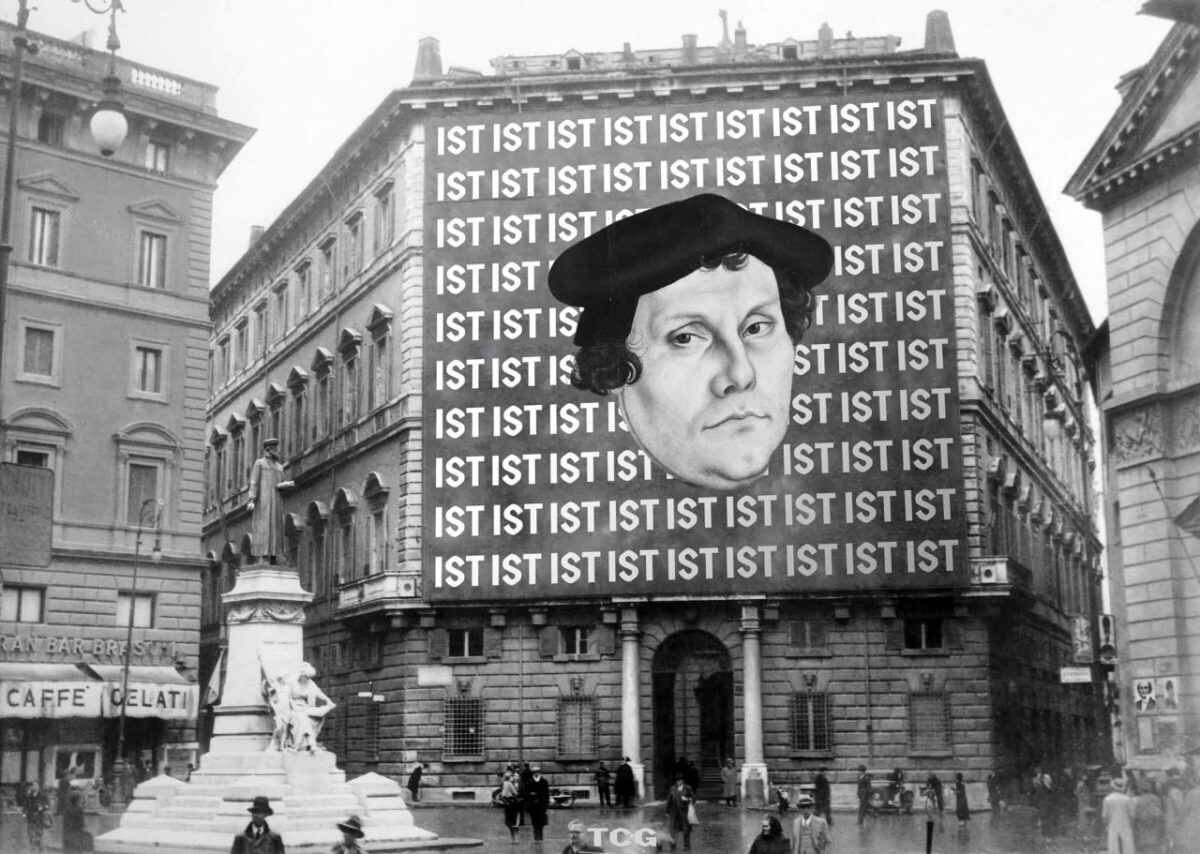Speaking the Truth Plainly

Podcast: Play in new window | Download (Duration: 1:43:26 — 197.3MB) | Embed
Hosts

Corey J. Mahler

Some subjects are more important than others. No amount of discussing the best color to paint a room is likely to endanger the souls of anyone participating in the discussion or just listening to it, but the same cannot be said of discussion of doctrine and theology.
When we handle the things of God, we are duty bound to be careful, to be clear, and to be true. Needless wrangling over terms and technicalities seldom benefits and often harms.
But avoid foolish controversies, genealogies, dissensions, and quarrels about the law, for they are unprofitable and worthless. As for a person who stirs up division, after warning him once and then twice, have nothing more to do with him, knowing that such a person is warped and sinful; he is self-condemned.
However, as Christians, we do have a duty to speak of God and His truth. In almost all cases, simple is best. Speak the truth, in season and out. And, of course, know when to hold your tongue.
Let a fool hold his tongue and he will pass for a sage.
Subscribe to the podcast here.
Show Notes
- “Christ is physically, substantially, sacramentally present in, with, and under the bread and the wine in the Supper — as He promises.”
- Epitome of the Formula of Concord: The Lord’s Supper (Read ¶¶ 6–7.)
See Also
Current Sponsor(s)
Coming soon?
Support the Podcast
- Recurring Donation
- One-Time Donation
- Mahler’s Amazon.com Wish List
- Woe’s Amazon.com Wish List
- The Stone Choir 2024 Challenge Coin
- Update: Shipping has begun.
Comments?
Join the discussion on Telegram, visit the feedback form or comment below.
“We believe, teach, and confess that not only the true believers [in Christ] and the worthy, but also the unworthy and unbelievers, receive the true body and blood of Christ; however, not for life and consolation, but for judgment and condemnation”
Why not however that it becomes the body of Christ when it enters the mouth of the believer? Even eating mere bread the unbeliever can be judged for coming to the table without faith. But if the magic priest mojo turns it into Christ’s body on the table rather than it becoming so in the mouth of believers, then as the English pre-Anglican Reformer John Frith said of the papist version of this, a mouse will come and eat it and does the mouse then eat the Lord’s body? By this magic mojo view, the mouse eats the actual body of the Lord just as the atheist does. This is blasphemy, and will condemn one to hell. There is no Christian where it is believed that unbeilevers and mice which are not part of the Lord’s body do truly eat the actual body of the Lord. This is sheer papism reheated. There is no need to swim the Tiber where such a view is preached because there you find only Sedevacantist Papists who never left Rome and not true Christians. No wonder Harrison plays the pope, for it turns out Lutherans are merely Sedevacantist Papists.
The Lutheran position is not that the words of the priest/pastor work a transformation of the materia into anything other than bread and wine; the Lutheran position is that the words of Christ (which I would caution against calling “mojo” or similar) — spoken once at the Last Supper — were and are sufficient for all time. The tendency of some to start attempting to divide up the entirety of the matter is misguided — we should not be squabbling over when precisely the bread becomes the body of Christ; rather, we should be seeking to comply with the totality of what Christ commanded — take, eat. The pastor speaks the Words of Institution and the communicants take and eat.
Lutherans simply obey what Christ commanded — we do not need more.